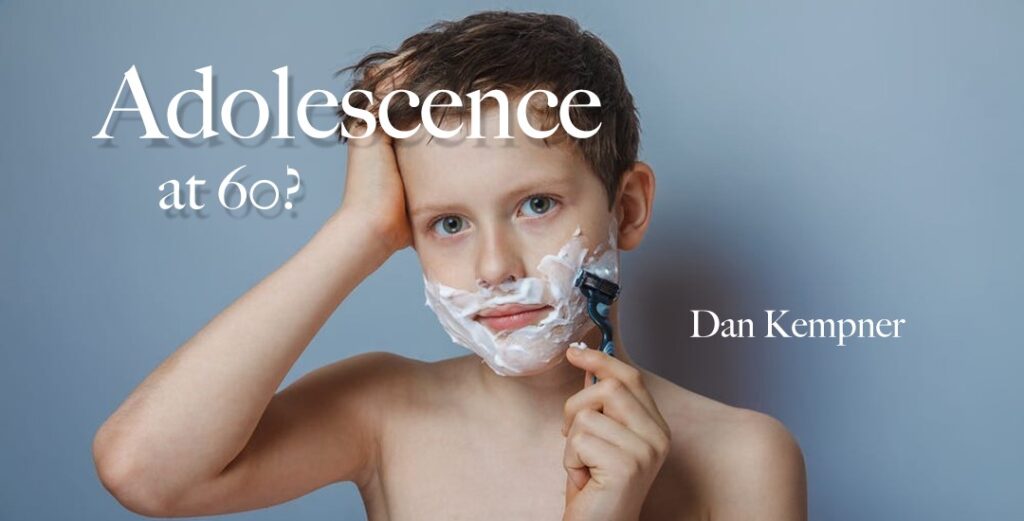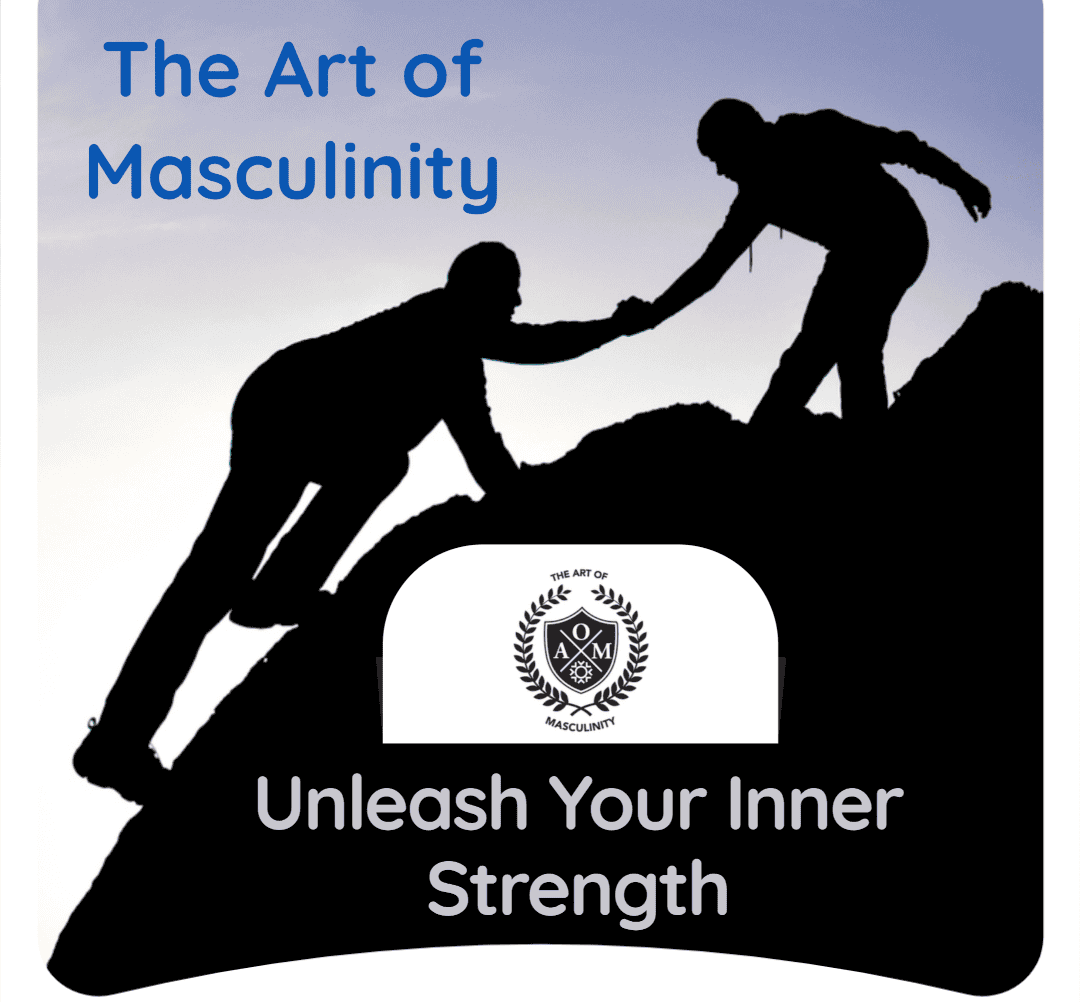Editorial
Dan Kempner
Editor
When I was a boy, there was a lot of talk about Margaret Meade’s seminal work, “Coming of Age in Samoa,” an anthropological study of adolescent girls in a polynesian culture.
Being an adolescent boy, I was very, very interested in adolescent girls – though not in the anthropological sense. My ideas involved my own coming of age – or what I would have called such back then: facial hair; a full-sized frame; a job; and intimate female companionship.
But though I soon matured sexually and did, each in its proper season, the things grownups do, I did not feel fully like a man.
I moved out of my parents’ house; paid the bills; and eventually married and set up house but inside, deep down where my self-identity was centered, I still felt a strong connection to the boy I had been. In fact, in my secret heart, I felt little connection to the man I had expected to become.
Physically – by my skills, the way I navigated the world, and by the way others saw me – I was a man. But emotionally?
I had watched my own father change, over decades, from the imperious, childish fellow I first knew to what I now identify as a fully mature man. He did this with intention. With hard work. With help from groups and therapists and books and personal will. It was a beautiful model to follow.
It is clear to me now that my ‘coming of age’ had little to do with my adolescence. As a young man, on into my fourties, and even my fifties, the boy inside was still ascendent. I had not, in that sense, come of age at all.
It is only now, in my sixties that, with intention; with hard work; with help from other men, and with personal will of my own, that I have left boyhood behind. The voices within are no longer those of youth. My inner self speaks now in a man’s voice only.
I don’t know much aboat Samoa or anthropology. But as the men you will hear from in this issue will make clear, Coming of Age is not simple. A car accident; a Men’s Weekend; or any number of other things can trigger the change.
I see it now more like a second hatching, a pounding of beak on eggshell, a nascent man struggling to emerge from the confines of boyhood with hammering and desperation.
Anthropologists can study it all they like but, unless they study alchemy along side it, the mystery of the man emerging from boyhood is likely to remain just that: a mystery.
Nonetheless, in this issue, we’ve done our best to unpack, with the help of our writers, what it means to Come of Age.

